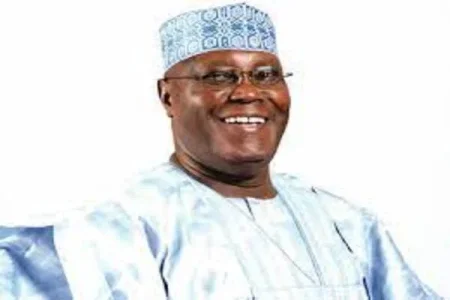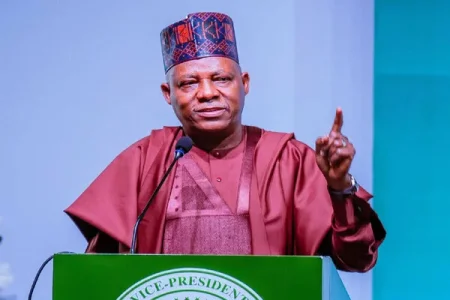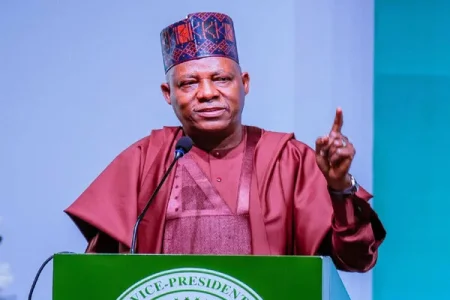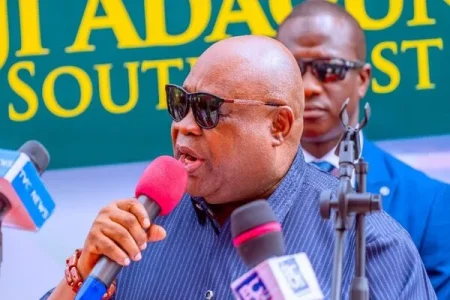
The All Progressives Congress (APC) has delivered a firm warning to former Vice President Atiku Abubakar, urging him to abandon his political aspirations, asserting that he is no longer "a force to reckon with" in Nigerian politics.
Atiku, who had previously served as the presidential candidate for the People's Democratic Party (PDP) in the 2023 general election, recently announced his intention to run for the presidency again in 2027. This decision came after the Supreme Court affirmed the election of President Bola Tinubu in 2023.
"I am not going away. For as long as I breathe, I will continue to struggle with other Nigerians to deepen our democracy and rule of law and for the kind of political and economic restructuring the country needs to reach its true potential," Atiku declared after the Supreme Court ruling.
His spokesperson, Daniel Bwala, confirmed Atiku's readiness to contest in 2027, describing him as "the president Nigeria never had" and emphasizing his capacity, wisdom, knowledge, and energy.
However, the APC swiftly responded, dismissing Atiku's 2027 presidential ambition as the most laughable news in 2024. In an interview with The Punch, Bala Ibrahim, the APC Director of Publicity, criticized the announcement by Bwala, suggesting that Atiku is surrounded by individuals who mislead him.
"Atiku should better forget about politics completely. He is not a force to reckon with and cannot be in 2027 when he must have diminished in terms of political value," Ibrahim declared, advising Atiku to abandon his political pursuits.
The APC's stance raises questions about Atiku's political future, given his unsuccessful attempts to secure the presidency in six previous elections. Despite Atiku's confidence and determination, the APC contends that he is not the political force he once was, casting doubt on his ability to make a significant impact in the 2027 presidential race.
As the political landscape continues to evolve, Atiku's resilience and the APC's skepticism set the stage for a potential clash of ideologies and a reevaluation of Nigeria's political dynamics in the coming years.




